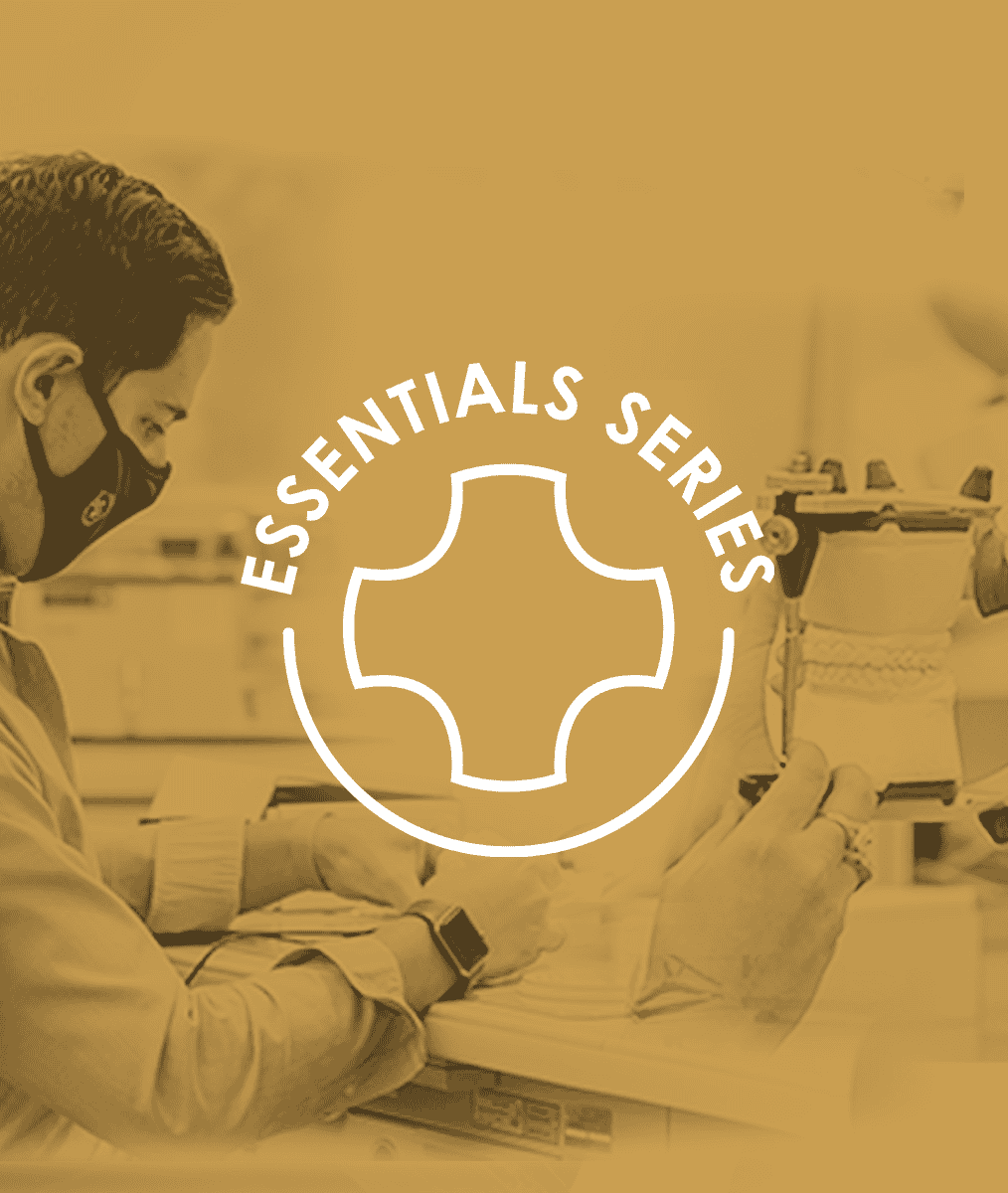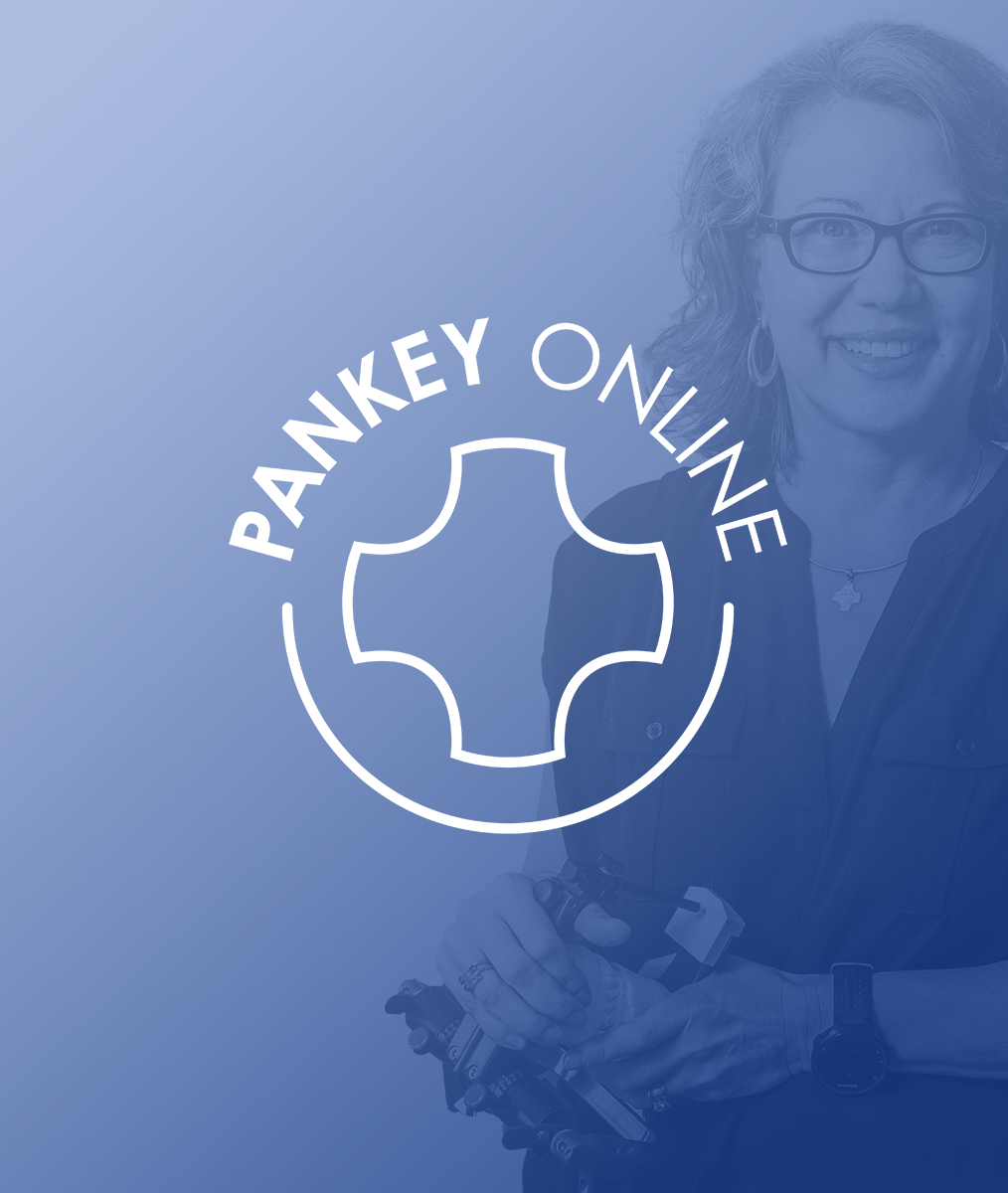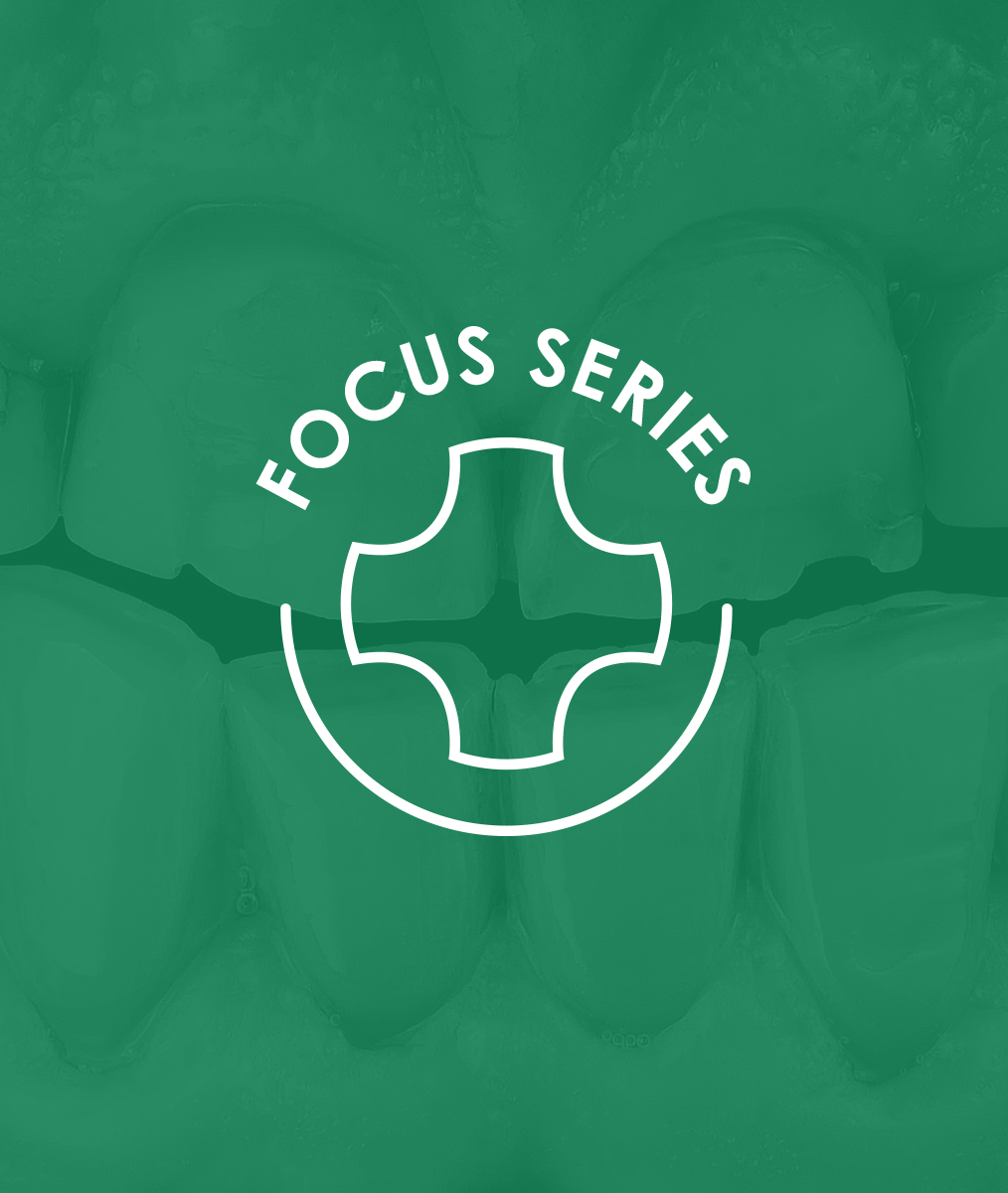Plan the Exit Right for You
More than 31% of solo practicing dentists today are 55 years or older. Since most dentists have traditionally retired between 60 and 69, retirement is a “hot” topic.
Future Financial Need
Goal setters who have planned for retirement since the beginning have accumulated five times what a non-planner has saved. Yet, baby boomers (now mid 60’s to 70’s) have reinvented each phase of their lives, never matching what has been customary. An ADA survey indicates dentists save 10.6% of their income which is below the federal limit of 15% contributions to a qualified pension fund.
Financial advisors think you will need from 70 to 90% of your current net income in retirement. The average dental net in 2019 was nearly $200K. In retirement planning, eighty percent of that is $160K, which is $13,350 a month. If you retire at age 60 and live another thirty years, you will need $4.8M from interest and savings.
Retirement Choices for Today’s Boomers
The figures are staggering for the slightly unprepared. What are the choices for today’s boomer dentist? Sale? Partnership? Associateship? Retire as you go? Or, will you up your game plan for 5 more years? Let’s investigate.
Sale: A sale is currently worth about 24 months of net income which is then taxed. Beware. A sale is final. You are no longer a dentist in that location. There is no going back. The book is closed.
Partnership: Partnerships in retirement have their own pros and cons. By reviewing what motivated you to enter the profession, you may find independence and freedom on your list. Selling half your practice to an unknown partner means you have surrendered your freedom and half your net income in exchange for about nine months of net income. The staff will still look to you for leadership.
Associateship: Becoming an associate after thirty years of private practice could be successful if you have the qualities to be an employee. Will you be happy doing dentistry for someone else? Do you have the qualities to be a team player under someone else’s leadership and rules?
Continue Your Own Practice by Retiring as You Go: Continuing to practice beyond the average retirement age is a viable alternative. The real advantages to keeping your own practice viable are the continued net income, ability to deduct expenses such as continuing education and a leased car, and the psychological rewards of feeling needed, serving others, and your earned status in the community.
Continuing your own practice can be done on your own terms. You can design your ideal practice days, plan your continuing education around travel adventures, and attract staff to work your schedule. You may want to work three days a week for three weeks and take the fourth week off. If you can continue to work on your own terms and have a substantial income that does not require using your retirement funds until you choose, count the advantages and your blessings.
Continue Your Own Practice by Upping Your Game: Another viable choice is to “Up Your Game” and actually make an extra $2M by increasing net in a five-year plan. This can cause a $900K increase in the eventual sale price. We have a number of very pleased retired dentists who upped their game in their 60’s. They can’t believe how much more enjoyable practice is again.
Upping your game means increasing your dental skills and your treatment offerings, installing strong systems of block booking to produce more in fewer days, solid sales conversations for an increased level of patient care, and having an accountable accomplished team marching with you. Because you have upped your skills and are focused, you can actually take more time away as you increase your net.
Which Choice Is Right for You?
Examine your financial needs. Examine why you enjoy dental practice? Examine your options and spend time thinking about which retirement option feels most comfortable to you. We can help. Many of our clients have chosen to stay part of dentistry, and we have observed that when dentists keep up with continuing education and become skilled at working with new materials and techniques, they gain more than an enhanced income stream. They feel a rebirth and rejuvenation about their profession.
Related Course
E4: Posterior Reconstruction and Completing the Comprehensive Treatment Sequence
DATE: May 15 2025 @ 8:00 am - May 19 2025 @ 2:30 pmLocation: The Pankey Institute
CE HOURS: 44
Dentist Tuition: $ 7400
Single Occupancy with Ensuite Private Bath (per night): $ 345
The purpose of this course is to help you develop mastery with complex cases involving advanced restorative procedures, precise sequencing and interdisciplinary coordination. Building on the learning in Essentials Three…
Learn More>















